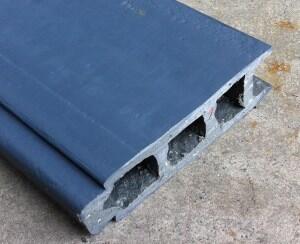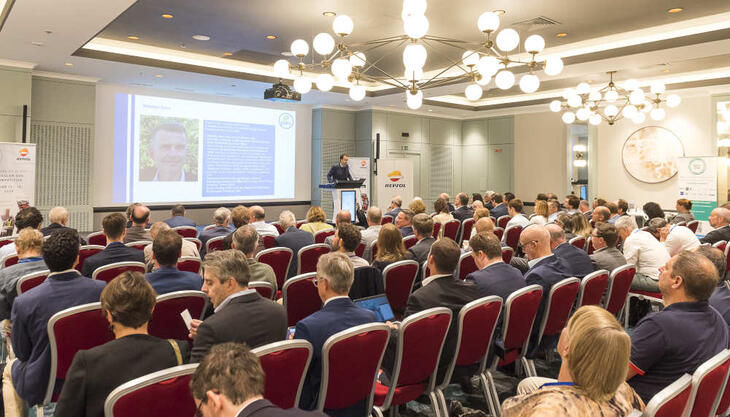ECOImpatto project: durable goods from Plasmix

With many years of experience in the industry, Icma San Giorgio offers a wide range of twin-screw co-rotating extruders which make it possible to recycle various types of materials - from post-consumer waste to industrial scrap - adopting special technical features to suit each instance. On this premise, and acting as project leader, the company recently coordinated an industrial research and pre-competitive development project called ECOImpatto. The project was co-financed by Regione Lombardia and also involved the Italian companies Eprotech and TPM, and two Italian research bodies, the Polytechnic of Milan and Itia-CNR. The aim of the project was to devise and develop twin-screw co-rotating technology for processing highly contaminated heterogeneous waste materials, known as "Plasmix", normally destined for landfills or waste-to-energy plants.
The research and development activities aimed to obtain profiles for the production of durable goods, such as flooring, roadside kerbs and urban furnishing among other things, with improved performance. One of the driving factors has been, in fact, the need to make extruded profiles with both functional and consistent aesthetic qualities, not guaranteed by existing technology, that would permit industrialisation of production and commercial penetration on a large scale in various fields of application.
The work done by the partners over the course of this two-year project concentrated on two aspects: developing formulas and optimise direct extrusion processes using twin-screw co-rotating technology; and developing manufactured goods with a greater appeal than that achievable with single-screw or twin-screw counter-rotating extruders. To achieve these results, specific dies have also been developed, permitting the co-extrusion and surface treatment of semi-finished goods, as well as special calibration and cooling equipment.
The project concluded with the development of a prototype system incorporating two twin-screw co-rotating extruders to process challenging materials like Plasmix directly and without intermediate stages, and make profiles for boxed decks also using an innovative co-extruded design. The potential of twin-screw co-rotating technology has proven to be key, particularly when it comes to superior blending and degassing performance, and to using additives to modify the material and conferring the necessary mechanical properties to transfer to the semi-finished and final products.
The line processes up to 100% Plasmix and the application fields for the profiles it makes are most diverse, ranging from the ones mentioned above - flooring, roadside kerbs and street furniture (benches, fencing and so on) - to mobile homes, to name but a few. The characteristics of the products obtained have been tested and "certified" by the Polytechnic of Milan, and today the process can be industrialised for large-scale production.


















